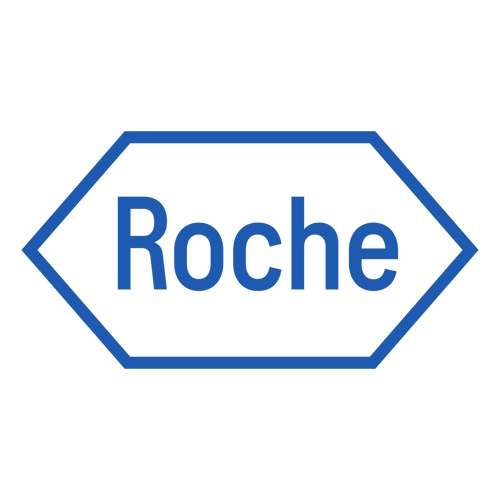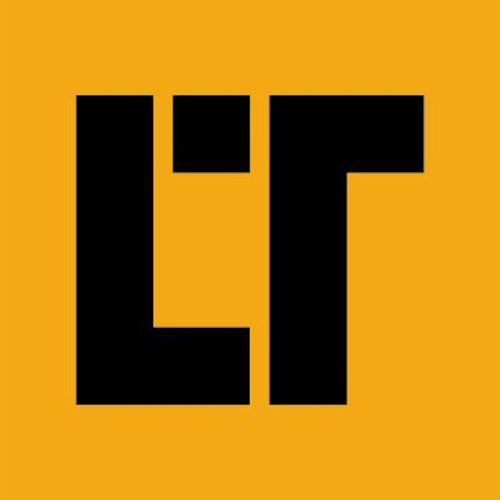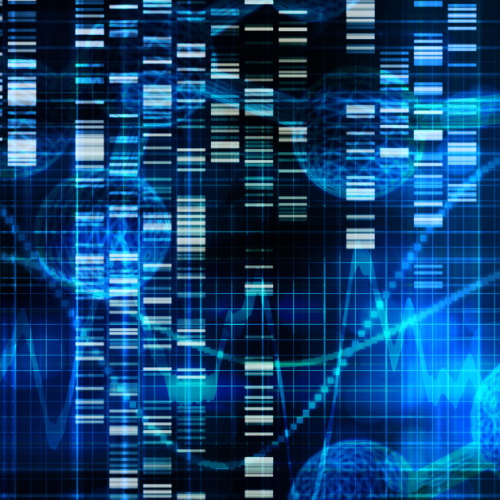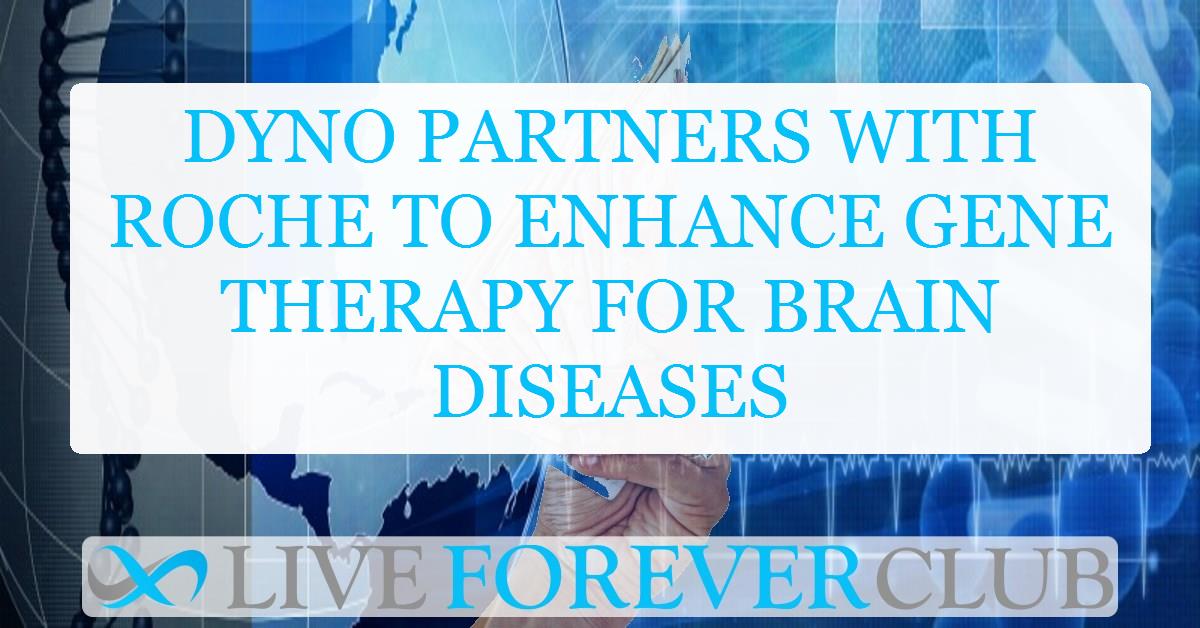Key points from article :
Dyno Therapeutics has entered a significant partnership with Roche, aiming to advance gene therapy for challenging neurological diseases. Leveraging Dyno’s innovative AI-driven platform, this collaboration will focus on developing next-generation adeno-associated virus (AAV) vectors that improve gene delivery and enhance therapeutic precision.
AAV vectors have historically faced limitations in delivery efficiency and immune responses, which restrict their potential for treating complex diseases like Alzheimer’s and Parkinson’s. Dyno’s technology seeks to overcome these obstacles by engineering AAV capsids—protein shells essential for targeting tissues and effectively transferring genes.
Under the agreement, Dyno receives an upfront payment of $50 million, with potential future payments exceeding $1 billion based on development milestones and product success. This partnership builds on a prior collaboration in 2020, which also targeted neurological and liver-related therapies.
Dyno's platform combines in vivo testing and AI-powered sequence predictions to accelerate the design of AAV capsids that achieve improved tissue targeting and immune evasion.
The process begins with AI predictions for capsid sequences, followed by DNA synthesis that creates diverse capsid libraries. Each variant undergoes high-throughput sequencing to evaluate performance in therapeutic contexts, with machine learning models continually refining the capsid "fitness map" for greater precision.
Roche’s role will cover the validation, preclinical and clinical trials, and commercialization of any approved therapies, while Dyno leads in capsid design. This iterative approach by Dyno not only enhances existing therapies but also enables targeting previously inaccessible organs and cell types, expanding the reach of gene therapy.
This initiative marks an important advancement in gene therapy, with broad implications for patients facing complex neurodegenerative conditions.








